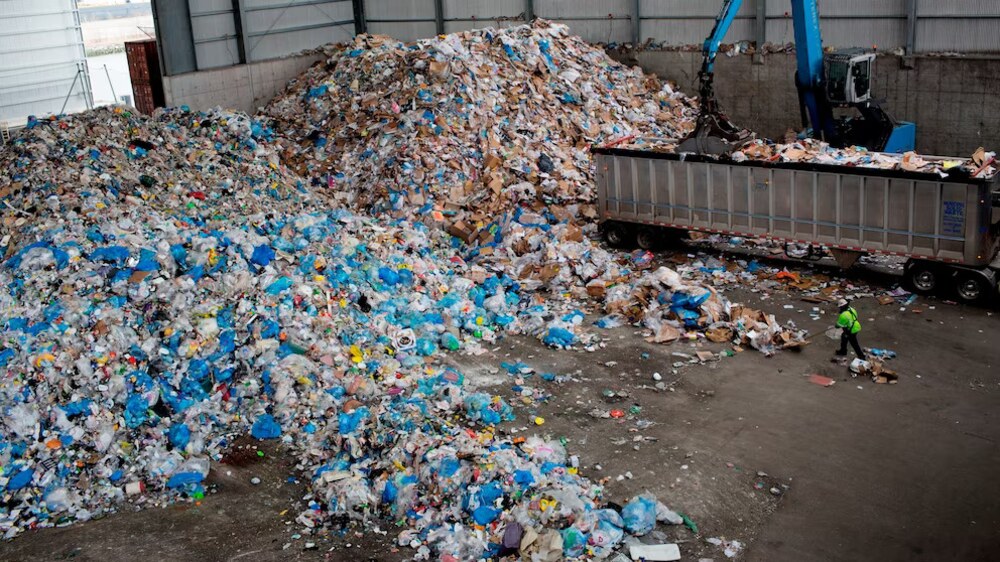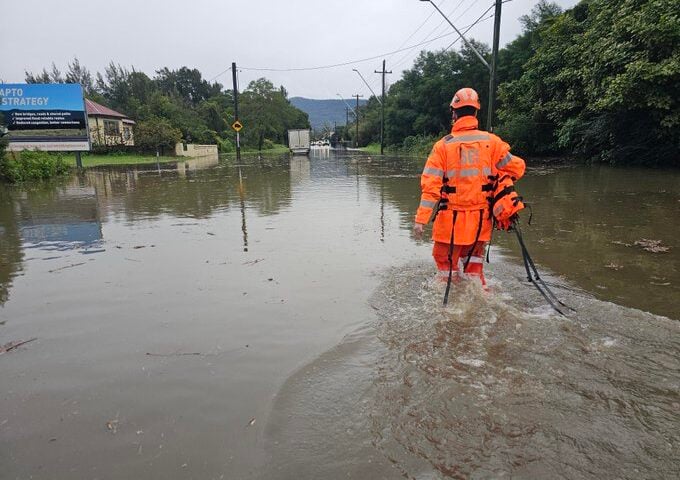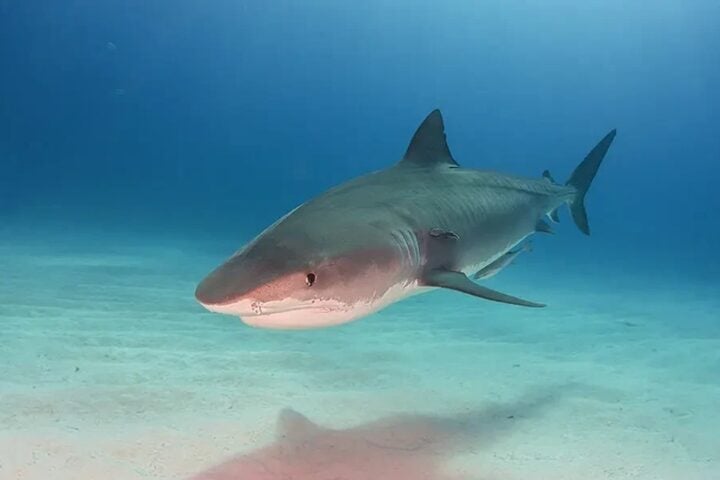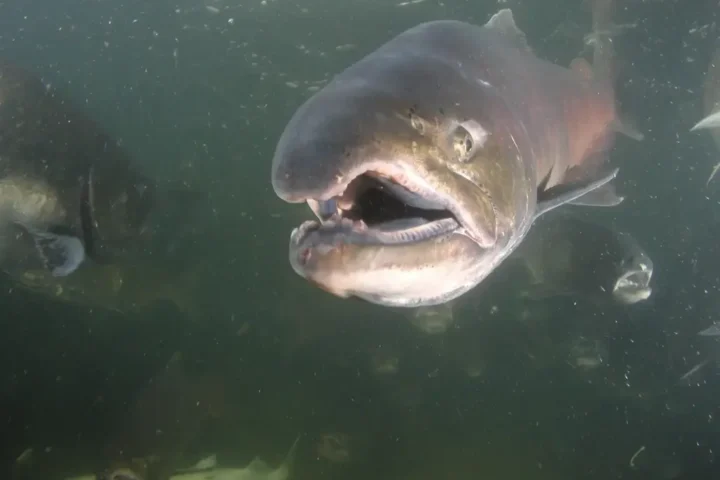The recent shutdown of the national online recycling directory for plastic bags and plastic films, once accessible at BagandFilmRecycling.org, raises significant questions about the reality of plastic recycling in the United States. This closure, occurring after two decades of operation, follows an ABC News investigation revealing troubling truths about plastic recycling processes.

The Film Drop-Off Directory was a resource guiding the public to over 18,000 store drop-off locations for recycling used plastic bags and film. However, recent developments have brought to light the inefficiencies and false promises surrounding these recycling practices. Nina Bellucci Butler, CEO of Stina Inc., which managed the directory, expressed disillusionment with the industry’s lack of commitment to maintaining credible recycling data. “Continuing to offer a resource without real commitment from the industry and seeing how many organizations were willing to backfill without any integrity of how they are going to maintain data, I just couldn’t be a part of it anymore,” Butler said. This statement underscores a broader issue in the recycling industry: the gap between perception and reality.
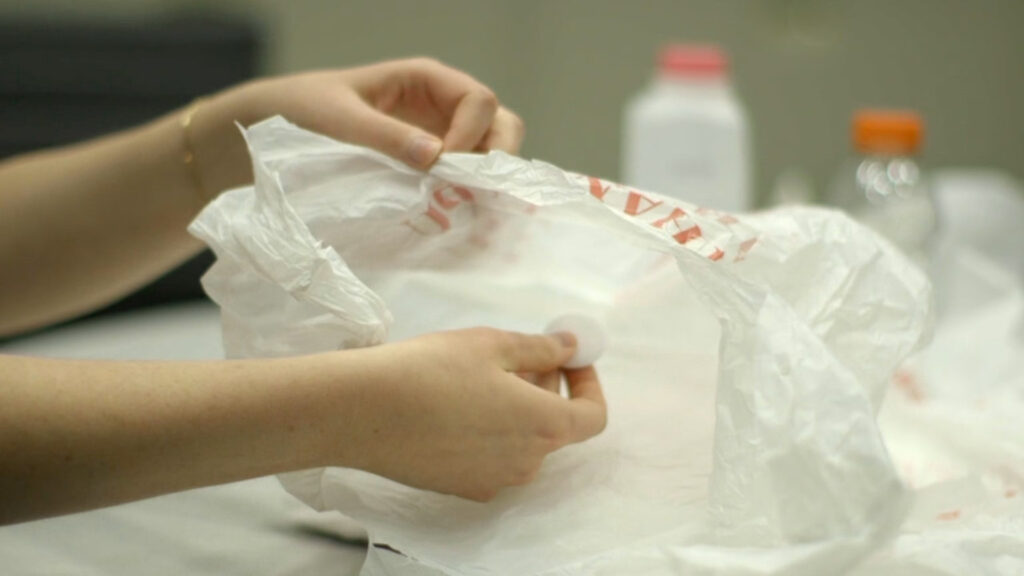
Similar Posts
The directory’s closure is attributed partly to funding challenges in maintaining credible information. However, Butler also points to a broader problem: the illusion of effective recycling. She highlights the economic imbalance where producing virgin plastic is cheaper than recycling, creating a supply and demand issue. Despite initial funding by the American Chemistry Council (ACC) and endorsements from organizations like the Environmental Protection Agency (EPA), the directory struggled to sustain itself financially and ethically.
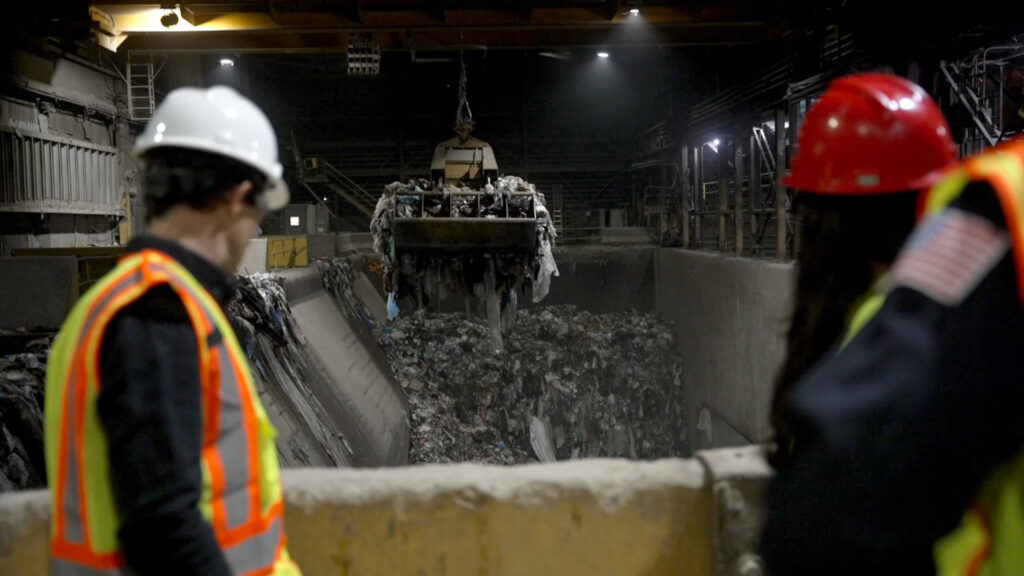
An investigative effort by ABC News further exposed these flaws. The news outlet, using metal tracking devices hidden in bundles of recyclable plastic bags, discovered that many bags deposited at Walmart and Target stores, listed in the directory, ended up in landfills, incinerators, or other non-recycling facilities. Out of 46 trackers, only four were traced to facilities involved in plastic bag recycling. This revelation prompted Stina Inc. to remove all Walmart and Target locations from their list, questioning the integrity of their recycling claims.
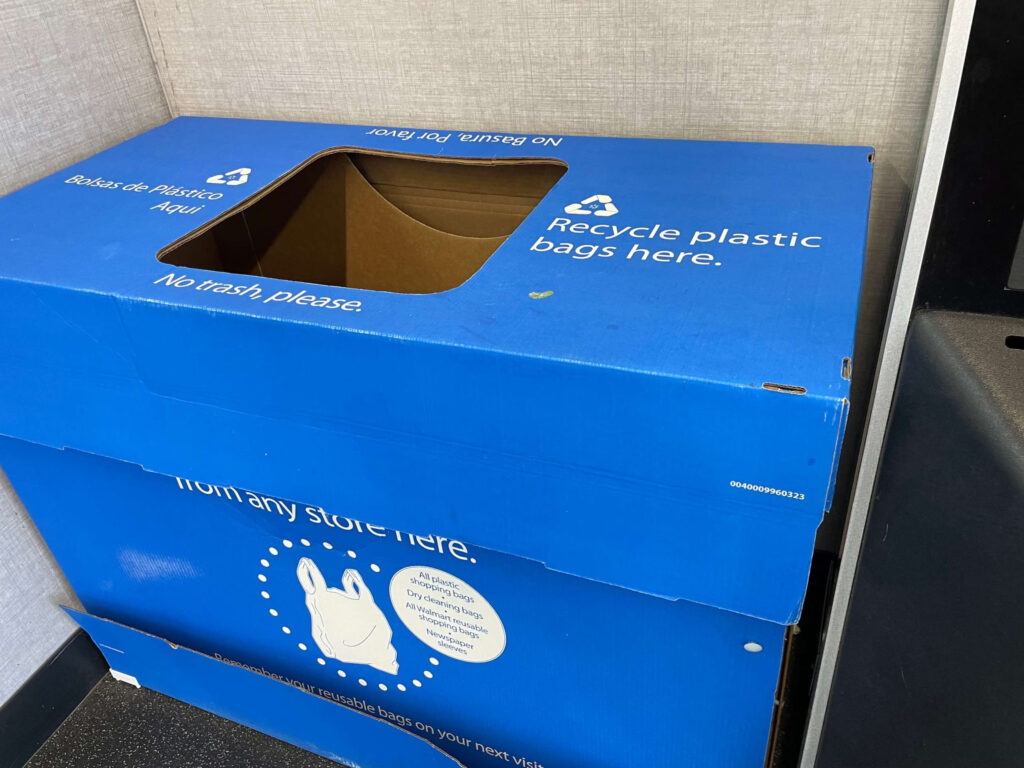
The investigation’s findings reflect a concerning trend of greenwashing, where companies and organizations market themselves as environmentally friendly while doing little to support these claims. Butler acknowledges the role of the ABC News investigation in highlighting these issues, but suggests that it’s part of a larger problem of misleading environmental progress.
In response, both Walmart and Target have issued statements emphasizing their commitment to reducing plastic waste and improving recycling processes. However, their refusal to participate in interviews or provide transparency on their recycling practices raises doubts about their actual contributions to environmental sustainability.
The wider implications of this issue extend beyond the directory’s closure. The ACC’s WRAP program, which initially funded the directory, has also gone offline. The EPA, which had linked to the now-defunct WRAP website, has updated its webpages following ABC News’ notification of the closure.
This development calls for a critical reassessment of the plastic recycling industry. It reveals the need for more transparent, credible, and effective recycling practices and challenges the prevailing narratives of environmental responsibility in corporate America. As consumers and citizens, it’s essential to scrutinize the claims made by corporations and organizations about their environmental practices and demand greater accountability and transparency in recycling and waste management processes.
